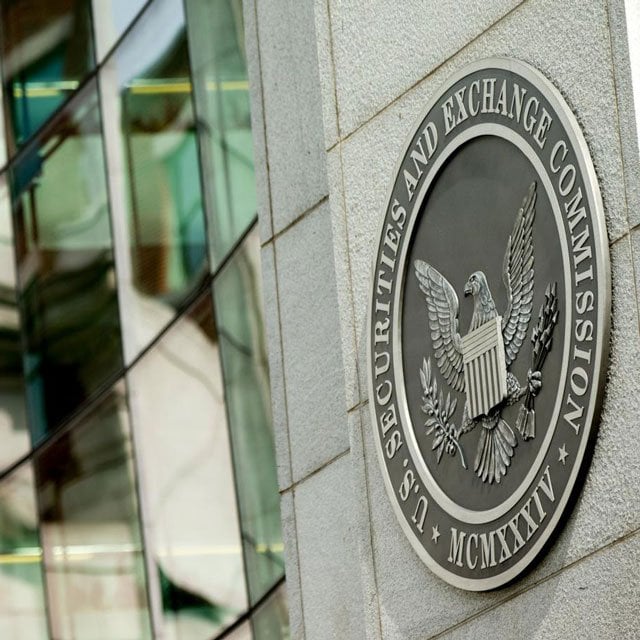SEC Probes Morgan Stanley, Wells Fargo Over Cash Sweep Accounts

What You Need to Know
The two firms disclosed that the SEC is seeking information on their cash sweep programs.
The disclosures come as the firms face lawsuits saying they raked in profits while paying miserly interest rates.
Ameriprise, LPL and Merrill are facing simiar suits.
Regulatory filings suggest the Securities and Exchange Commission is looking into the interest rates that brokerages pay customers on uninvested cash swept into bank accounts — probes that come as several firms face lawsuits alleging they paid unreasonably low rates to reap big profits at clients’ expense.
Morgan Stanley, in its quarterly earnings report filed Monday with the SEC, noted that it has been named in two proposed class action lawsuits alleging unreasonably low interest rates on cash sweep accounts at its E-Trade unit and Morgan Stanley itself. It also indicated that the SEC is exploring the matter.
“Since April 2024, the firm has been engaged with and is responding to requests for information from the Enforcement Division of the SEC regarding advisory account cash balances swept to affiliate bank deposit programs and compliance with the Investment Advisers Act of 1940,” the Morgan Stanley filing says.
Wells Fargo noted in a regulatory filing last week that, among legal and regulatory actions it faces, the SEC “has undertaken an investigation regarding the cash sweep options that the company provides to investment advisory clients at account opening. The company is in resolution discussions with the SEC, although there can be no assurance as to the outcome of these discussions.”
Wells Fargo also noted in the filing that late in the second quarter, “we increased pricing on sweep deposits in advisory brokerage accounts, which we expect will lower future net interest income.”
Merrill parent Bank of America, in a July 30 quarterly filing with the SEC, cited various risks and uncertainties, including pending and potential litigation and regulatory investigations in several areas, among them “the rates paid on uninvested cash in investment advisory accounts that is swept into interest-paying bank deposits.”
BofA didn’t specify whether it was referring to litigation, an SEC investigation or both.
In December, a customer who maintained a retirement account through the Merrill Edge self-directed online investment platform filed a proposed class action lawsuit alleging Merrill paid unreasonably low interest rates on swept cash in retirement accounts.




